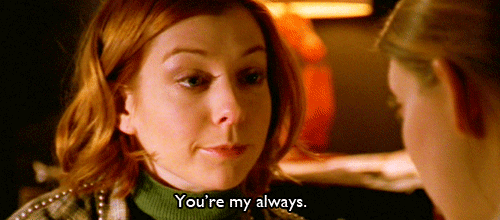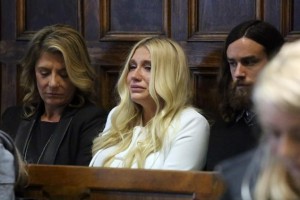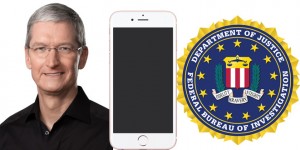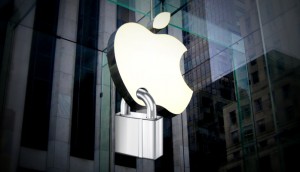Curation: Chapter 1 and 2
The first chapter of Television Criticism, “The Work of the Critic” describes generally, what television criticism is, how it works and the ways in which it will be explained throughout the rest of the book. We are assured that anyone can be a television critic if they follow the steps that are laid out in the chapter. First, choose a program. Next, stay alert and attentive to the program and begin to raise questions about the program. Finally, come up with a method to answer the questions. The sequence of criticism goes as follows: understand, analyze, create a critical methodology, interpret, judge, and lastly, communicate.
In the beginning of the chapter O’Donell shares that people who watch television have a scarier view of the world. Watch this clip: https://www.youtube.com/watch?v=Pu1muWhKEBA
After watching this clip, fear may be instilled in us regarding toilets and perhaps the possibility of getting stuck like this woman. Of course, the odds of this are slim to none. But this show is revolved around suspense and bizarre yet truthful stories, so it is no wonder that people who watch television can have a scarier view of the world.
Shows such as “I didn’t know I was pregnant” or “Untold Stories of the ER” create a sense of uneasiness among viewers because as viewers, we put ourselves in the position of the patient and continue to wonder and fathom how it is these stories come to be, and if we could be the next victim.
A crucial takeaway from this chapter is that criticism is subjective. I find that one of the most prominent examples of subjective television criticism involves politics. For instance, watch this clip, and without filtering your immediate reactions, allow whatever thoughts to enter your mind. (https://www.youtube.com/watch?v=mRR8KCzZbcs)
For most, there were probably immediate reactions to Hillary Clinton and the scandal of her private emails. But, how did Fox News do in covering the subject? Was there data correct? In what ways did they display Hilary? It is easy to allow subjectivity to overwhelm.
Questions from chapter 1: Could it be at all helpful to read viewers reviews? Would these taint critic’s findings?
Chapter 2 further discusses television advertising. It involves the term that was introduced in chapter one of “brand identity” of appealing to a certain group. O’donnell states, “ratings are road maps to patterns of media consumption… they are objects of fear and loathing” (p.25). This is interesting that producers are able to use ratings to identify who is consuming what in the media. Ratings are most likely a truthful opinion, because a review is usually completely voluntary.
The Nielsen ratings are introduced in this chapter and frequently used in television criticism. These ratings are an audience measurement system to determine the audience size and composition of television programming in the United States. In relatable terms, for women anyway, “That great lipstick ad you saw during your favorite reality show- that was no accident- it was informed by big data”, thanks to the Nielseon ratings (Nielson.com). This makes sense, considering this chapter described that advertisements often link ads to shows so that while the women can be updated on the latest L’oreal lipstick while watching Real Hosuewives of Atlanta, men can be reminded that their Old Spice deodorant has run dry and its time to buy a new one after watching Fabio display it on a horse in the Caribbean sea.
http://www.nielsen.com/us/en/solutions/measurement/television.html
Product promotion is also a large part of television advertisement. For instance, view these two clips from America’s Got Talents; there are two different prominent product promotions in each.
https://www.youtube.com/watch?v=YzXkGfNesms
https://www.youtube.com/watch?v=MuPpTCBrIkU
Interestingly enough, as seasons continue for shows the mean age of viewer’s increases. I think this has a lot to do with the marketing younger viewers are capable of that older viewers are not. For instance, a college girl is likely to sit around and speak highly of the new Netflix show she started with all her sorority sisters, than a businesswomen who sits an office all day and has no one to tell about the new fabulous Netflix show she started binge watching. The viewers are free advertisers for shows, and it is smart for producers to target this younger group.
Production is the first step of any show, and sadly not all shows make it. It is difficult to determine if a show will be successful because there are so many variables to production and what viewers will find interesting.
This makes me think of shows that continue to air and have seasons but the new seasons never really have resolutions to old problems (Pretty Little Liars, Scandal). Here is a list of shows, with promising actors and actresses’ that never quite made it. http://screenrant.com/most-promising-tv-pilots-never-made/?view=all
Overall, keeping a show on the big screen is difficult, and relies heavily on us as viewers and similarly, us as critics.




